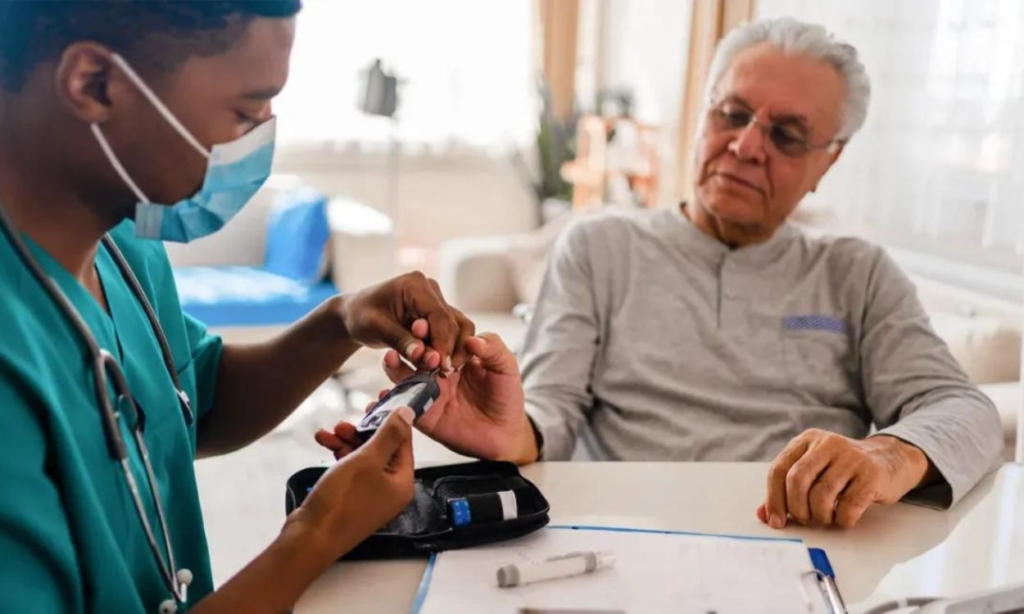
Managing diabetes can be a lifelong journey, and understanding when to seek medical advice is crucial. While many people with diabetes manage their condition effectively through lifestyle changes and medications, there are times when consulting a doctor becomes essential. Knowing when to reach out for help can prevent complications and keep your diabetes under control.
Early Diagnosis and Regular Check-Ups
The first and most critical time to consult a doctor for diabetes is when you notice the early symptoms. These symptoms may include increased thirst, frequent urination, unexplained weight loss, and fatigue. If you experience any of these signs, it’s important to see a healthcare provider for a proper diagnosis.
Even after diagnosis, regular check-ups with a doctor are necessary to monitor blood sugar levels, assess your overall health, and adjust medications if needed. A doctor can also guide you on maintaining a healthy diet, exercise routine, and other lifestyle factors that can help manage your condition.
Changes in Symptoms or Health Status
It’s essential to consult a doctor if you notice any significant changes in your diabetes symptoms or overall health. Sudden shifts in blood sugar levels, persistent fatigue, dizziness, or blurred vision could indicate that your condition is worsening or that your current treatment plan needs adjustment. These symptoms can signal complications such as diabetic retinopathy or neuropathy, which require immediate medical attention.
If you experience recurrent infections, slow-healing wounds, or numbness in your extremities, it’s crucial to consult your doctor. These can be signs of advanced diabetes-related complications that require prompt treatment to prevent further health risks.
Difficulty Managing Blood Sugar Levels
If you’re finding it increasingly difficult to manage your blood sugar levels despite following your treatment plan, it may be time to consult a doctor. Sometimes, changes in your body, such as weight gain, stress, or illness, can affect how your body responds to insulin or other medications. A doctor can evaluate your current treatment plan and make necessary adjustments to help you maintain better control.
Preparing for Major Life Changes
Certain life events, such as pregnancy or surgery, require careful planning and consultation with your doctor to manage your diabetes effectively. Pregnancy, in particular, requires close monitoring as it can affect blood sugar levels, putting both the mother and baby at risk. A doctor can provide advice and monitoring to ensure your diabetes remains under control during these critical periods.
When to Seek Emergency Help
While regular consultations are important, there are situations where emergency medical attention is necessary. Severe symptoms such as confusion, shortness of breath, chest pain, or fainting could be signs of a diabetic emergency, such as diabetic ketoacidosis or hypoglycemia. These conditions require immediate medical intervention to prevent serious health consequences.
Monitoring your diabetes carefully and knowing when to consult a doctor is essential for long-term health. Regular medical advice can help you avoid complications and stay in control of your condition.
